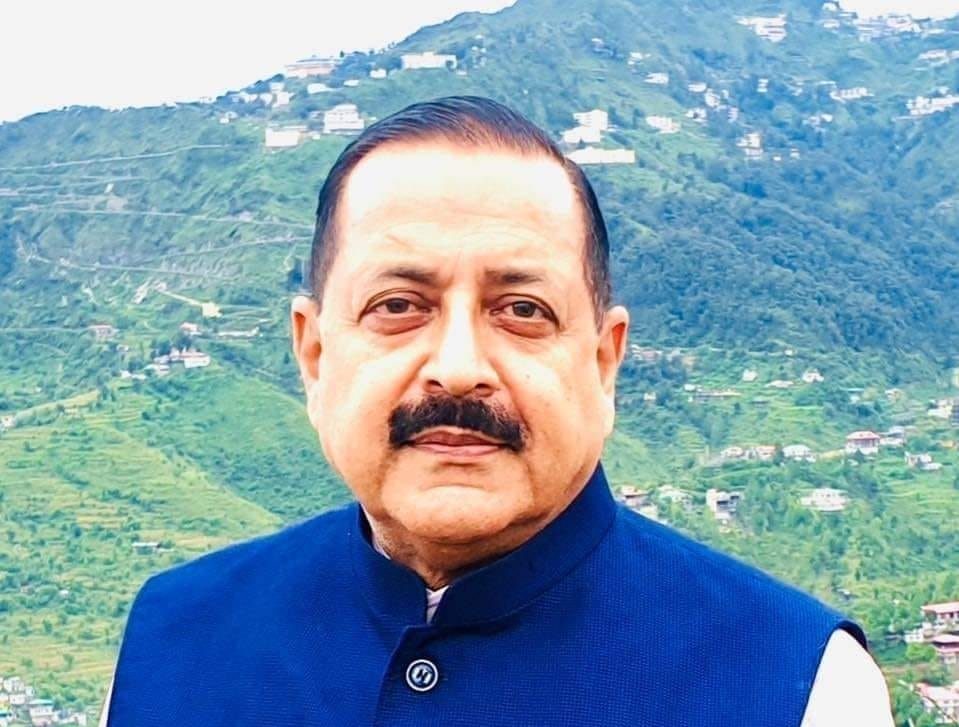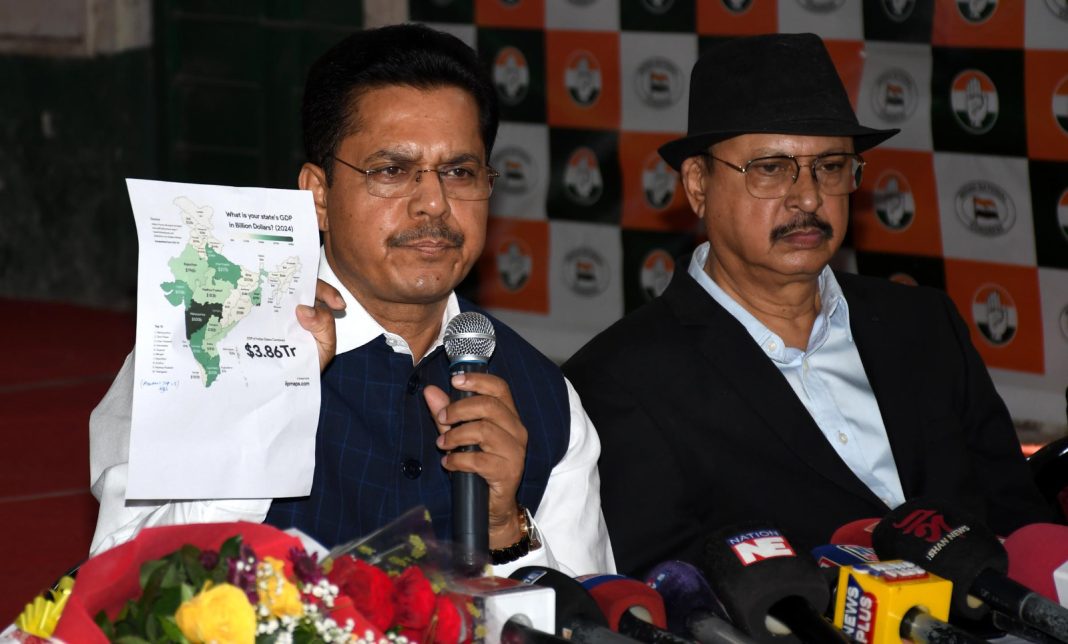Guwahati, Jan 5: Union Minister Dr. Jitendra Singh on Sunday announced that India has developed indigenous technology for manufacturing paracetamol.
This widely used pain reliever and fever reducer was developed by the Council of Scientific and Industrial Research (CSIR), an organization under the Ministry of Science and Technology.
Dr. Singh highlighted that this innovation will reduce India’s dependence on imported raw materials for paracetamol production, aligning with Prime Minister Narendra Modi’s vision of “Atmanirbhar Bharat” (Self-Reliant India). Karnataka-based Satya Deeptha Pharmaceuticals Ltd will leverage this technology to produce affordable paracetamol domestically.
The minister also spoke about the broader contributions of DSIR over the decades and its role in fostering collaboration between research and industry. He recalled the founding mandate of CSIR to advance India’s scientific and industrial growth through research and innovation.
The Foundation Day event also witnessed the transfer of 16 new technologies developed by CSIR, bringing the total under the “100 Days, 100 Technologies” campaign to 57. These included advancements from CSIR-CSIO (Chennai) in IoT-enabled scientific and industrial instruments and from CSIR-CEERI (Pilani) in healthcare-related technologies.
A Memorandum of Understanding (MoU) was signed between CSIR-CSIO and ELCIA, Bengaluru, for mutual collaboration in sensor development. Dr. Singh described this as a moment of celebration for organizations like NRDC and CEL, emphasizing the importance of marketing innovative technologies to achieve their full potential.
Dr. Singh attributed India’s recent technological achievements to the visionary leadership of Prime Minister Modi, citing significant strides in the space sector, such as the SPADEX mission and the role of startups in satellite launches from Sriharikota.
He also highlighted breakthroughs like India’s first indigenously developed antibiotic, Nafithromycin, to combat drug-resistant bacteria, and successful gene therapy trials for hemophilia. Other notable achievements included the development of hydrogen-powered buses, biofuels, and the success of the Aroma Mission, particularly lavender cultivation, which was prominently featured in the Republic Day .
Dr. Singh underscored the importance of collaboration across government and non-government sectors to drive innovation. He called for adopting a “Whole of Government” and “Whole of Science” approach and encouraged partnerships to explore non-government funding for scientific ventures. The newly launched Anusandhan NRF program, which aims to raise 60% of its funds from non-governmental sources, is a step in this direction.




